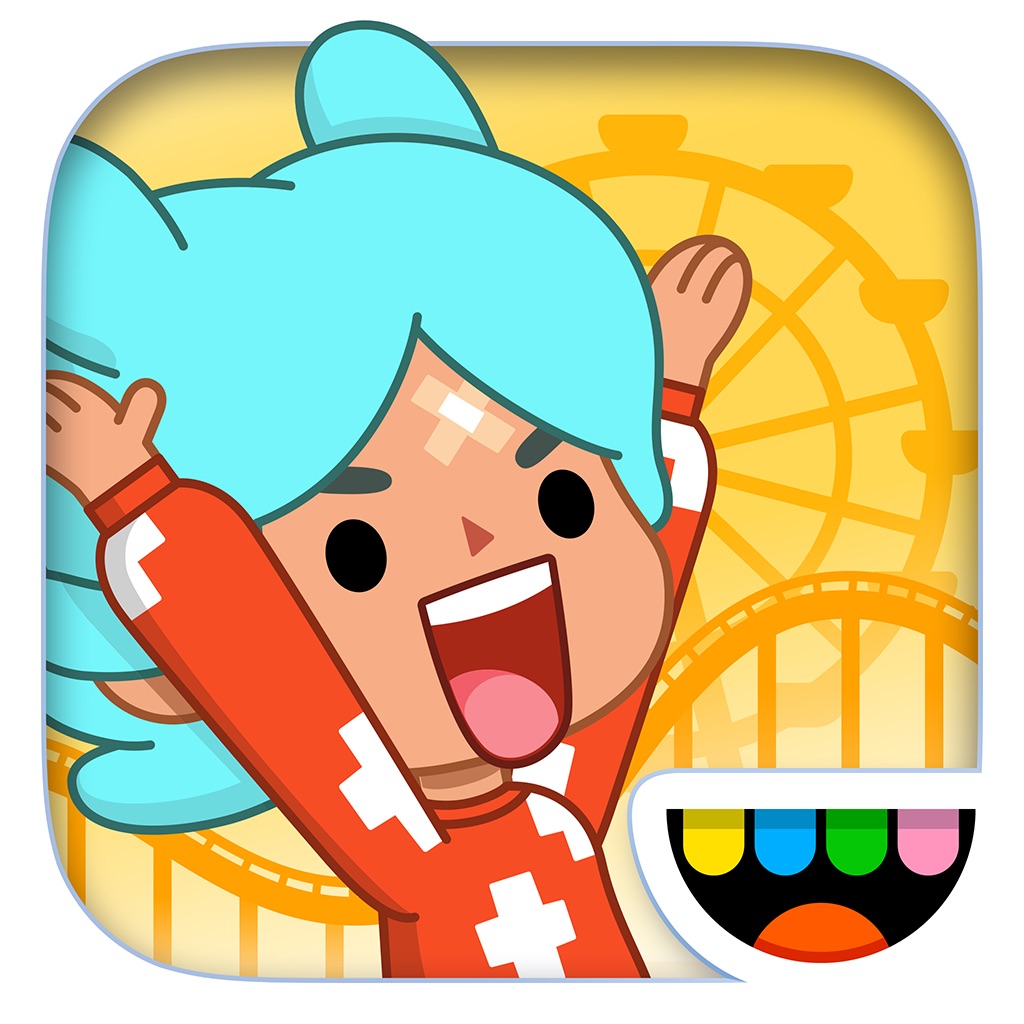
We try a lot of things with kids and we're honest to the results.Īnother important thing is that make sure we have well defined core. We also design for kids, not girls or boys and that guides us in our design decisions. We don't make games: we make toys and understanding that definition is important for everyone in the team. We are focusing or play patterns that stimulate imagination and creativity. The concept needs to fit the Toca Boca brand of course. What is your creative approach when designing a new game or app? Adult logic can't be your guiding star.Ĭhildren have their own logic and that is what I love about designing for kids. If your product can't ignite that spark you are not trying hard enough or your concept does not work. You need to look for that spark in children's eyes. If you can't pick up subtle cues that guide you to great products you won't succeed. You need to do your research, dig deep, play a lot and be really honest with your testing.

What are the most common mistakes made by designers wanting to make games for children? Therefore we took on creating the products we dreamed of and believed in. All of a sudden new interactive play experiences were possible for children but the digital toys me and my kids longed for did not exist. We saw the potential of play experiences on the newly launched iPad and the iPhone. Especially playing with kids who generally love to pretend and make up things much more than we as adults do. Pocket Gamer: Why did you guys decide to focus on making games and apps for the children's market?Įmil Ovemar: I've always loved toys and playing. We spoke with Emil Ovemar, co-founder and producer at Toca Boca, about whether developing apps for kids really is child's play. But is this an assessment the wider industry should take on board, too? the parents who will ultimately pay for the download. Paid apps, the company believes, help build trust between a developer and its consumer base i.e. Interesting, then, that Toca Boca - the leading Swedish children's studio whose stylish and accessible games and apps have sold more than 40 million copies in just over two years has chosen to skirt F2P releases in favour of launching fully paid apps. Few issues have dominated the last year or so of life on the App Store as much as the numerous cases of children unknowingly amassing huge bills via in-app purchases.

The launch of a new 'kids' section on the App Store for iOS 7 undoubtedly demonstrates the increasing importance of children's apps within the mobile development scene.īut with that importance comes responsibility.


 0 kommentar(er)
0 kommentar(er)
